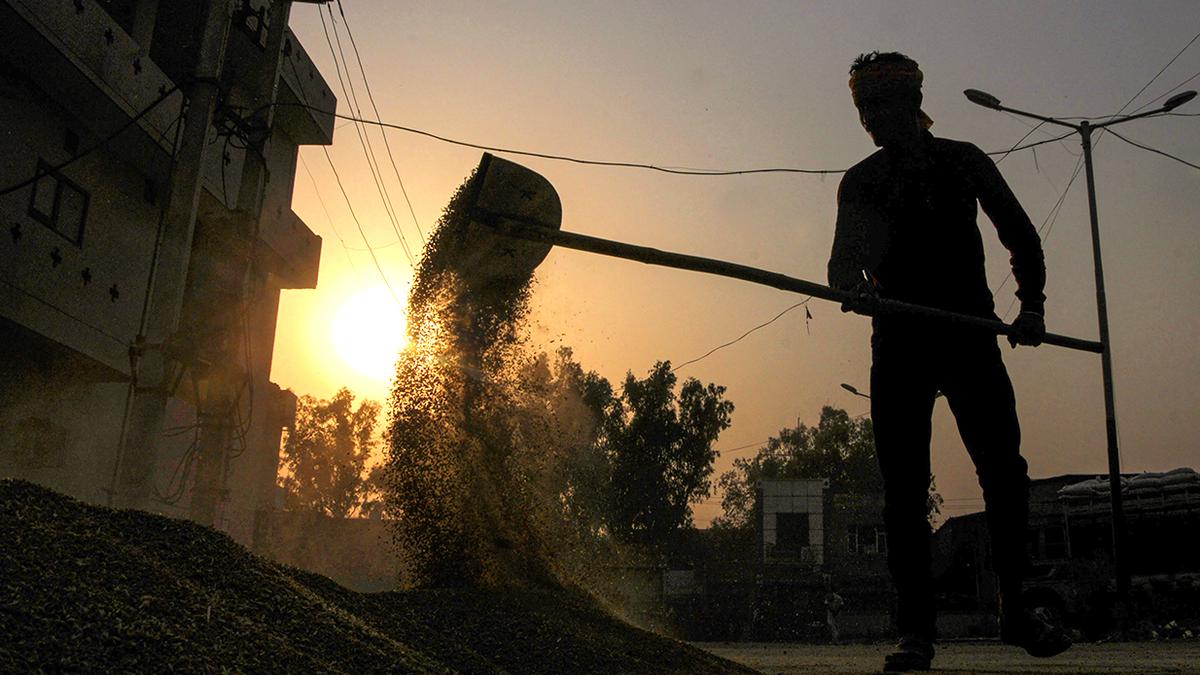
India comes under fire at WTO for avoiding questions on MSP subsidy
The Hindu
India’s MSP programmes are under scrutiny at the WTO, as it is the first country to invoke the Bali ‘peace clause’ to justify exceeding its 10% ceiling (of the total value of rice production) for rice support in 2018-2019 and 2019-2020.
India has come under fire at the World Trade Organisation (WTO) for avoiding questions raised by members on its minimum support price (MSP) programmes for food grain, particularly rice, where subsidies have breached prescribed limits. Some countries have alleged that India did not give sufficient replies to concerns raised by them during consultations.
Members such as the U.S., Australia, Canada, the EU, and Thailand, said at a WTO agriculture committee meeting on Monday, that India must reply to questions asked on its public stockholding (PSH) programmes at the committee, according to sources. “India, however, stuck to its guns and insisted that it provided the best possible information and clarifications at the consultations held with interested members based on available information. It also said that some of the questions raised were already addressed in earlier responses,” said a source.
India’s MSP programmes are under scrutiny at the WTO, as it is the first country to invoke the Bali ‘peace clause’ to justify exceeding its 10% ceiling (of the total value of rice production) for rice support in 2018-2019 and 2019-2020.
While the ‘peace clause’ allows developing countries to breach the 10% ceiling without invoking legal action by members, it is subject to onerous notification requirements and numerous conditions such as not distorting global trade and not affecting food security of other members.
WTO members, including the U.S., have been accusing India of habitually not including all required information in its notifications. Some members had pointed out earlier that while it was mandatory to report all public stockholding programmes under the ‘peace clause’, India had not been doing so and the country also did not have an adequate monitoring mechanism to ensure no stocks were exported.
New Delhi had said that it provided data on the value of production (VoP) for several crops, and that it did not have any obligation to notify any public stockholding programmes other than for the crop where the subsidy limits were breached.
During the agriculture committee meeting, the U.S., Brazil, Canada, Ukraine, Thailand, the EU, and Australia notified the committee of all questions that they had raised in their individual consultations with India, and said the country should make replies to the committee and should not avoid the questions.











